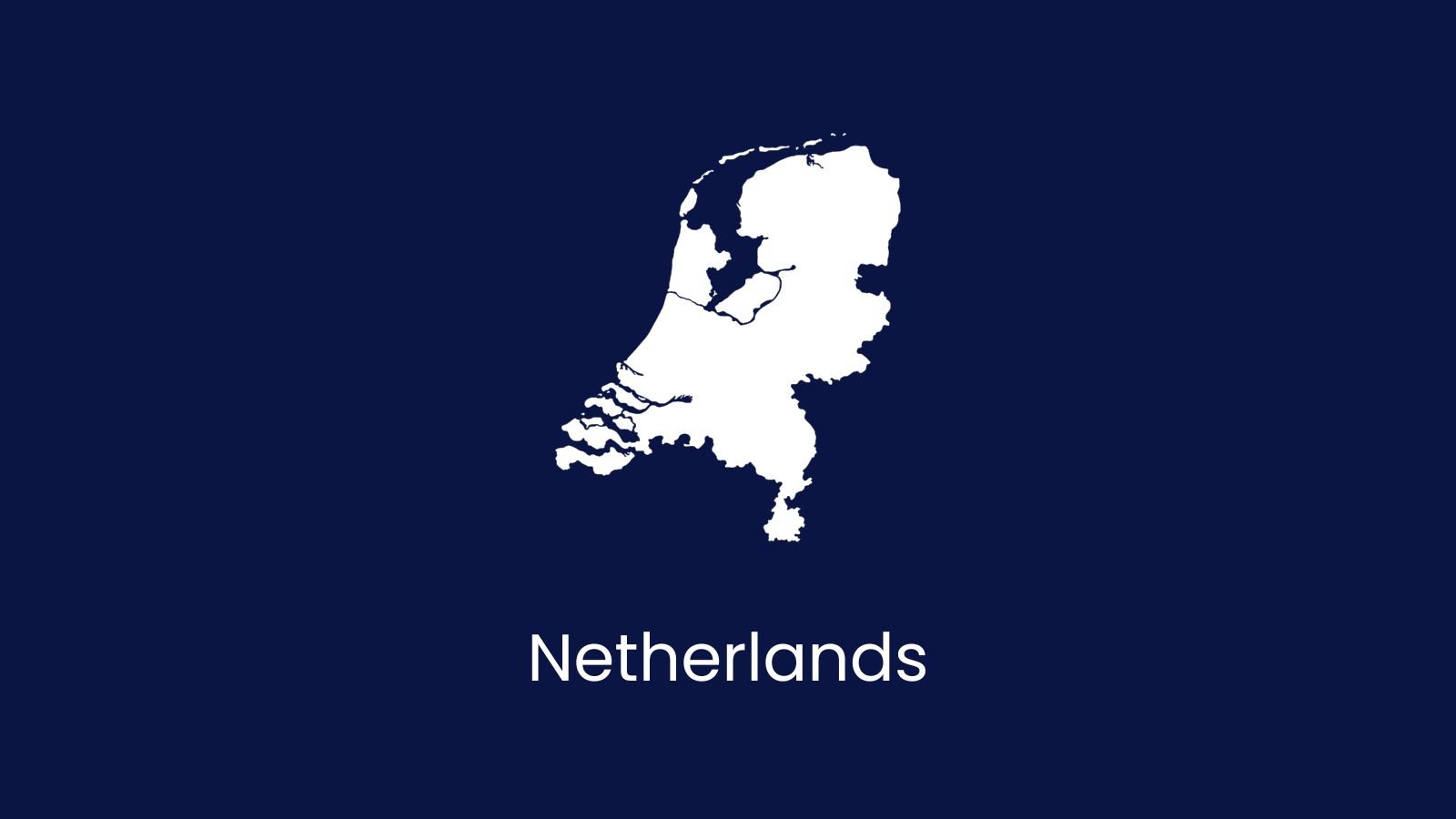Port of Marseille
The Port of Marseille, headquartering CMA CGM, committed themselves, by signing a Blue Charter, to respecting rules that are much more stringent than national and international regulations. These include the use of shore power from 2025 for ships fitted with the equipment.
Carbon Tax Worldwide
The Global Pricing Dashboard made by the World Bank is one of the most complete overviews carbon pricing initiatives worldwide. 23.17% of all global greenhouse gas emissions were covered in 2022. Only EU ETS aims to incorporate shipping emissions at the moment, others are expected to follow suit.
Port of Los Angeles
One of the most stringent ports in the world regarding shore power, which is mandatory by 2027 for all vessels by authority of CARB.
China
China officially aims for carbon neutrality “before 2060”. With legislation on carbon tax and fuel specifications upcoming but not yet active in the foreseeable years, main focus has been on the development of shore power infrastructure but the technology remains under-utilized in ports in the country.
Netherlands
Learn more about the targets, ambitions and upcoming rules and regulations of the Netherlands with regards to maritime sustainability here.
IMO Regulations on Sustainability
IMO aims for 11% carbon intensity reduction per 2026, 40% in 2030 and 70% reduction in 2050. MARPOL and MEPC are key regulatory bodies within IMO. Virtually all rules and regulations apply to vessels of 5.000 GT and above. The most important rules and regulations for shipowners to comply with are SEEMP (includes DCS and CII), EEXI/EEDI and Emission Controlled Areas (ECAs).
IMO Net-Zero Framework
IMO Net-Zero Framework - similar to a carbon tax - under MEPC 83, from 2028 onwards for ships above 5,000 GT
Sydney Harbour Cruise Ship Emissions SOx
Cruise ships capable of accommodating more than 100 passengers in Sydney Harbour are required to limit emissions of sulphur oxides when berthing (maximum 0.10% m/m). It is like a mini-ECA in Sidney waters. Learn more here.
China Coastal Low Carbon Fuel Regulations
China’s coastal shipping sector is to implement low-carbon marine fuel regulations no later than 2030. Learn more about the low-carbon fuel regulations in China here.
Fjords Zero Emissions
Emissions from cruise ships and ferries in World Heritage Fjords are to be zero by 2026 latest. Read more here.
ECA (Emission Control Area)
ECAs (Emission Control Areas) are sea areas that limit SOx or NOx emissions. Currently there are several ECAs active in North America and Europe. Learn more about ECAs here.
Global Sulphur Limit
For ships operating outside Emission Control Areas (ECAs), the limit for sulphur content of fuel oil is 0.50% m/m (mass by mass). Learn more about the global sulphur limit for shipping here.
Port of Singapore
Learn all about the sustainable ambitions of the Port of Singapore, in particular with regards to shore power.
HBE (Hernieuwbare Brandstof Eenheden)
In the Netherlands, ‘Renewable Fuel Units’ (HBEs) are an economic incentive to gradually expand the use of green energy in transport and the reduction of greenhouse gasses. Fossil fuel producers are required to purchase HBEs from green fuel producers. The market is controlled by the Dutch Emission Authority. You can make up to €0.20 per green kWh sold. Learn more about HBEs here.
PAS (Programma Aanpak Stikstof)
The Programma Aanpak Stikstof (PAS) is a Dutch law that strictly prohibits the deposition of NOx on environmental protection areas in the Netherlands. Impact on maritime operations can be severe - in particular for wind farm construction - required 80% NOx reduction on top of Tier III restrictions. Learn more about PAS here.




















